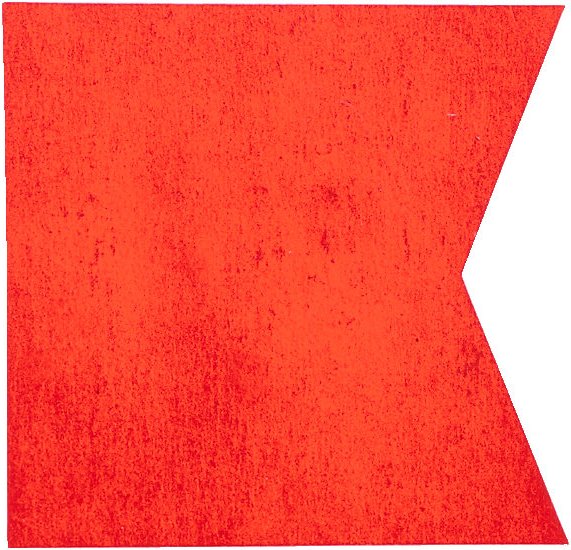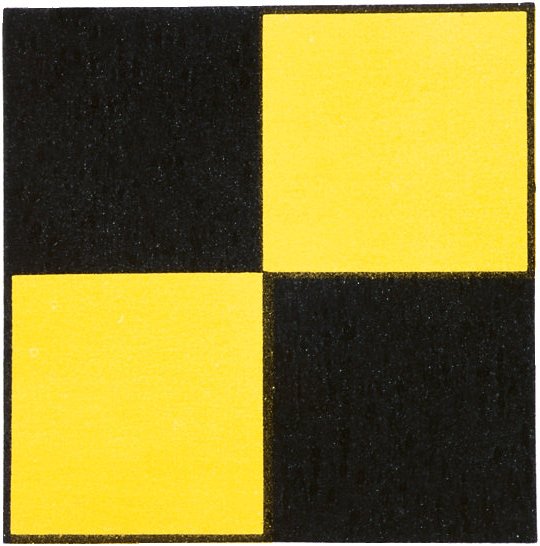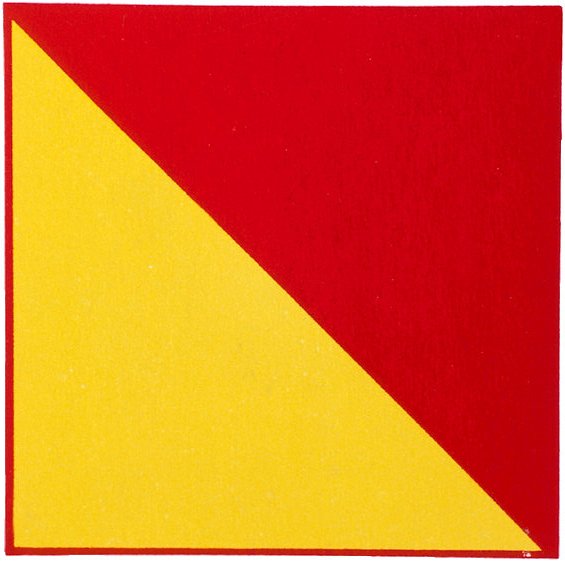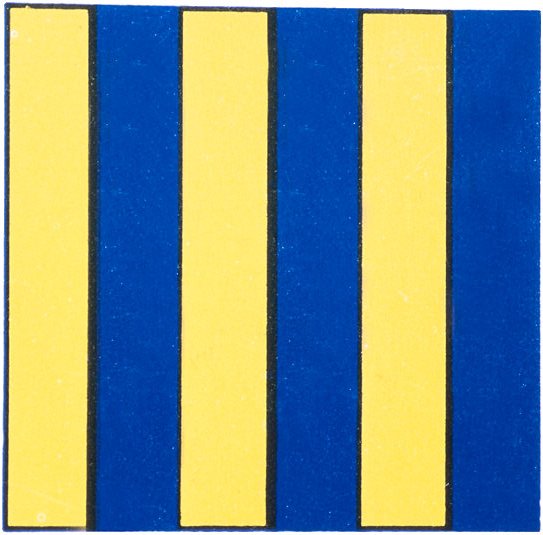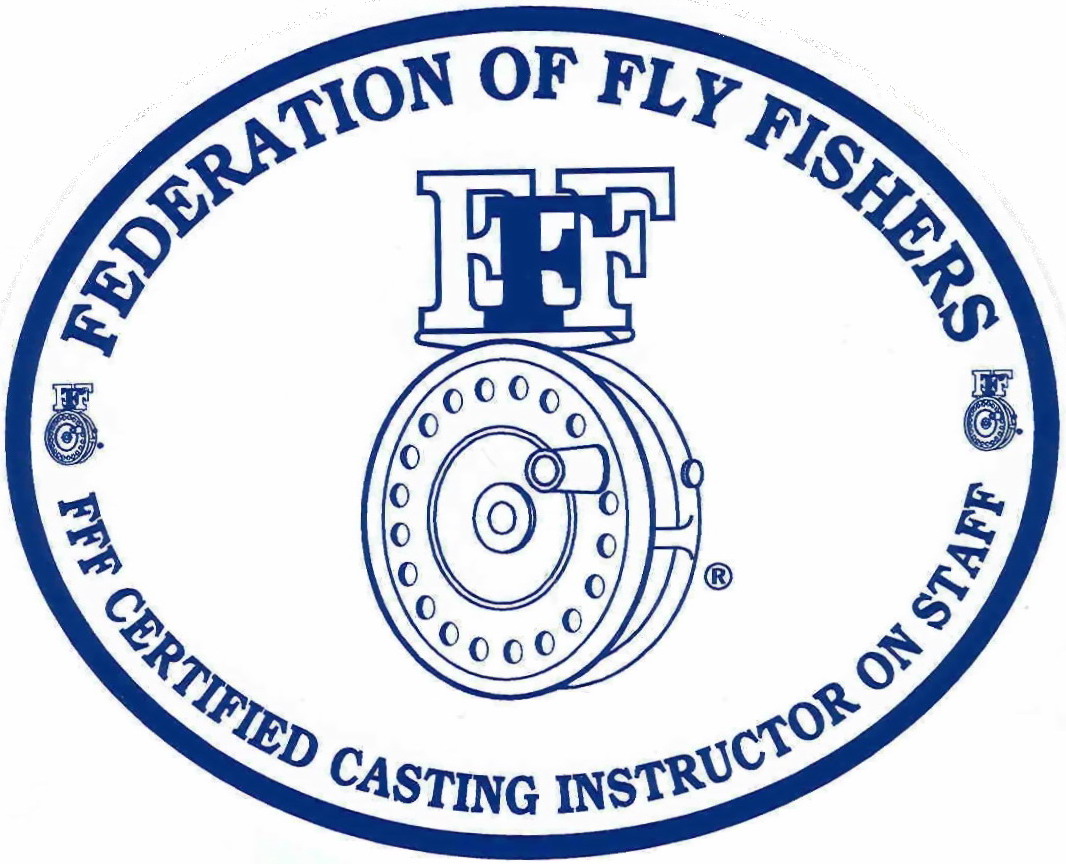Casting to Your Unfavored Side
by Captain Jim Barr on 01/31/20
Casting to Your Unfavored Side

I can't tell you how many times I get fly anglers on my boat who
cannot cast to their unfavored side without bringing the fly line over
the interior space of the boat. If they are a right hand caster as long as the fish are in the 12 o'clock to say 7 o'clock position, they are generally OK.
If however the fish are in the 12 o'clock position to anywhere back
to 6 o'clock, their forward and back casts typically cross the boat
imperiling the captain and the angler that may be on the stern deck.
When I tell them to make a backhand cast or off shoulder cast so that
the other occupants of the boat are safe from their line and fly hook...
they are befuddled, with some asking me to steer the boat into a
different position so they can reach these fish. This of course throws
the angler in the stern off his/her casting game and causes me to
reposition and in so doing potentially putting down the fish. This is
why it is so important to learn how to cast to what I refer to as the
unfavored side.
(See Diagram above to better understand the explanation.) For the right arm caster at the bow
you are probably good at casting to positions to the left ranging from
11 o'clock to the 7 o'clock position because your forward and back casts
are traveling over your right shoulder and the line and fly are not
threatening injury to anyone else on the boat (barring heavy wind). If
you attempt to cast to any of the clock points from 12 to 6 with your
casts going over your right shoulder as noted above, your line and fly
are going to cross the boat and endanger the captain or other occupants
of the boat and/or hang up on the center console, rod rack or antenna.
Conversely if you are a lefty
on the bow- you're good to go from about the 1 o'clock position to
about 5 o'clock, as the line is crossing over your left shoulder and out
of harm's way. However when you want to cast to the 12 to 7 o'clock
positions- you run into the same problem, the fly line is traveling over
the boat and others on-board are ducking and putting on their flak
vests and safety glasses!
If you are the angler in the stern, the right hand caster is safe in casting to the 1 o'clock to maybe the 5 o'clock positions, and the lefty
is good from about 7 o'clock to 11 for the most part. The diagram above
helps explain the scenario of right and left handed casters whose
skills are limited and who can only cast effectively to their favored
side. In each diagram the black lines represent the rod and forward cast
direction and the lighter colored (faint) broken lines represent the
rod and line in the back cast. Remember, the fly line ALWAYS follows the
path of the tip of the rod.
You
have to extrapolate a bit to visualize the path of the fly rod and line
in overhead casts (or slightly canted overhead casts) where the rod and
line crosses near the caster's favored shoulder, to the light colored
water areas. The light colored water (all non-red pie shaped water)
represents the water these "One Dimensional Casters" are unable to reach
without bringing the fly line over the boat into what I call the
"danger zone".
There
are two fundamental casts you need to learn, and 45 minutes with a
certified fly casting instructor (or a good video tape and casting book)
can help to get you on the road to catching more fish and hooking less
ears by converting you from a One Directional Caster to a Multi-Directional Caster. These are the "Off Shoulder" and "Backhand" casts (these are hot linked to You Tube
videos illustrating these casting techniques). The Off Shoulder video
is very short but it effectively illustrates this cast that when
combined with a double-haul, creates additional line speed enabling the
caster to increase their distance.
For good measure if you can also learn to roll cast to your unfavored side using the Single Handed Off-Shoulder Roll Cast- wow, you've nearly achieved fly casting nirvana!
Comments (0)
